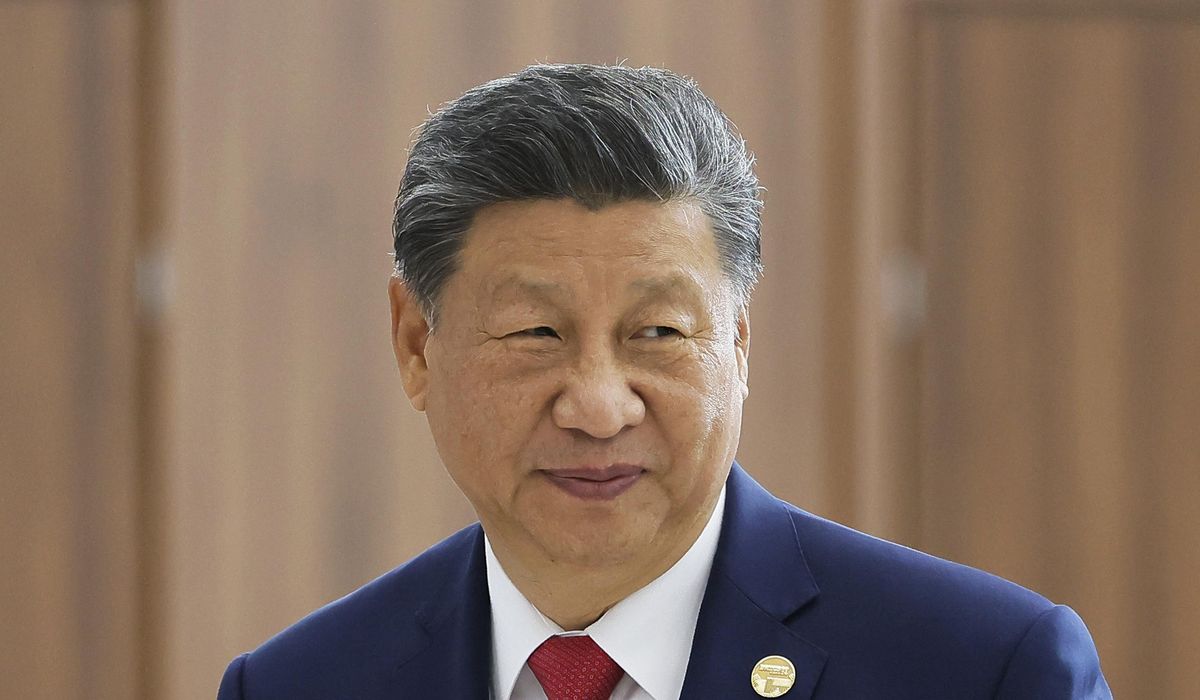


Chinese President Xi Jinping on Monday expressed his personal “deep condolences” over the death of former President Jimmy Carter at the age of 100.
Mr. Xi, in a message for President Biden, conveyed his message on his own behalf and in the name of the Chinese government and people.
“In his message, Xi called Carter a promoter and decision-maker in the establishment of China-U.S. diplomatic relations, noting that the late U.S. leader had long contributed to the development of bilateral ties, as well as the friendly exchanges and cooperation between the two countries,” China’s official Xinhua news agency reported.
Mr. Carter’s one term in office proved momentous for U.S.-China relations as he engineered Washington’s formal switch in diplomatic relations from Taiwan to the Communist regime in Beijing, a move that set off at-times violent anti-U.S. protests in Taipei.
Mr. Carter also signed the 1979 law that promised to continue supplying Taiwan with defensive arms and committed the U.S. to resist any armed attempt by Beijing to take over the island democracy, legislation that complicates U.S.-China ties to this day.
The Chinese Foreign Ministry expressed its condolences on the former president’s death, but the reaction to date has been far more muted in Taiwan. The Chinese official reaction did not mention Mr. Carter’s long record in the White House and afterward promoting human rights and democratic values.
SEE ALSO: Jimmy Carter remembered as compassionate statesman, ‘dear friend’
On its active social media scene, many Chinese users reportedly praised Mr. Carter as the “good old man.”
Taiwan’s Presidential Office issued a statement extending its “sincere condolences to the family of former President Jimmy Carter and the people of the United States. Our thoughts are with his loved ones and the nation he faithfully served as they commemorate his legacy.”
But the Taiwan News in its lead story on Mr. Carter’s death noted that his passing revived memories of the surprise decision to cut ties with Taipei and that Mr. Carter defended his decision in a sometimes contentious visit to Taiwan in 1999.
• David R. Sands can be reached at dsands@washingtontimes.com.
